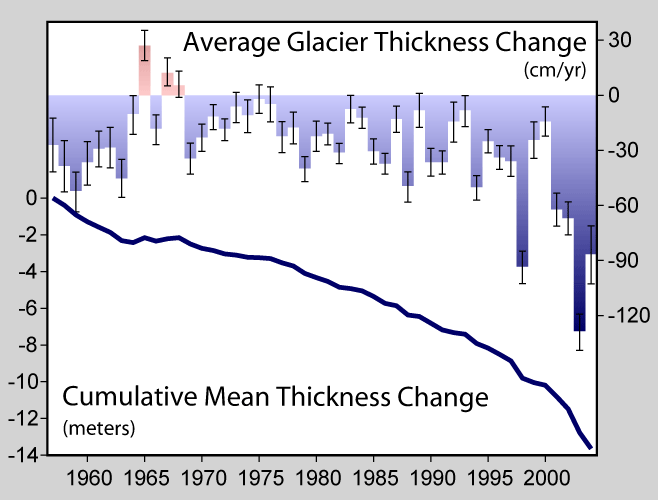I have blogged about the role of nuclear energy in curbing carbon dioxide emissions. I have blogged about the concern about water both as a resource for and a threat to nuclear energy plants. And I have had a lot to say about the costs of nuclear power. I bring them together in yesterday's and today's blogs. Yesterday's blog discussed climate change, carbon dioxide emissions, and the economics of nuclear power. Today, I will talk about the issues with water and wrap up the subject.
Nuclear power plants require vast amounts of water for cooling. This can be a problem when the flow of water in major rivers drops because of human use or drought. And, there have been a number of recent cases where the temperature of the water in lakes and in the ocean has gotten too hot to be used for cooling and nuclear plants had to be shut down temporarily. Now it is interesting to note that due to climate change, there will be more droughts and warmer bodies of water which will interfere with nuclear power generation.
Patterns of rainfall are changing due to climate change and have caused extensive, severe and surprising floods. One fourth of the power reactors in the U.S. are located downstream from dams that could threaten the reactors if they broke or overflowed. Other reactors are in danger of flooding from nearby rivers. Costal reactors are vulnerable to hurricanes which are going to be even stronger in the future because of climate change. So water needed for cooling may be in short supply and water from storms threatens to flood reactors.
And, finally, nuclear power currently provides about twenty percent of the electricity in the U.S. Generation of electricity accounts for about thirty percent of the total carbon dioxide emissions for the U.S. So, in other words , if we built four hundred new nuclear reactors in the next few decades, we might reduce carbon dioxide emissions in the U.S. by about twenty percent at an enormous cost in environmental degradation from mining and accidents, threats to public health, hundreds of billions of dollars and the generation of huge amounts of nuclear waste while we are unable to deal with the nuclear waste we have already generated. If we choose to use breeder reactors to generate fuel and burn waste, we will have to spend precious years in research and development. And, there is a danger of theft of weapons grade nuclear materials from breeder reactor facilities. When you look at carbon dioxide reduction, cost and water concerns together in the context of needing to slow climate change caused by rising carbon dioxide levels, nuclear power just does not provide a good solution for climate change.
